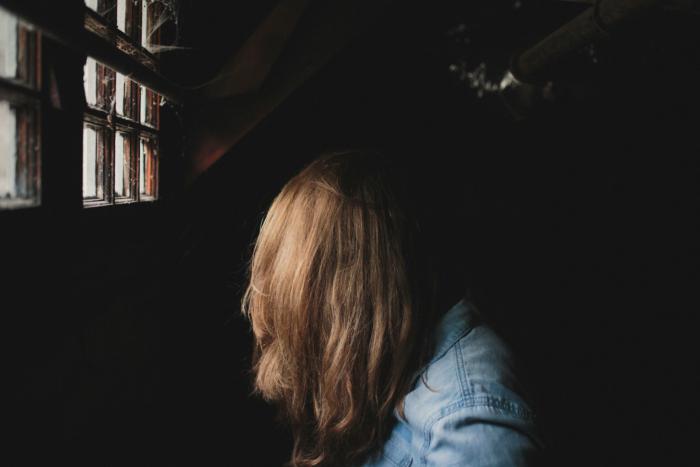World
Legal paths for migration help stop trafficking, Catholic groups say
By
Posted: 7/28/2017


(Photo by Andrew Neel on Unsplash)
VATICAN CITY (CNS) -- Stopping criminal networks of human traffickers will require the creation of "safe, legal and responsible migration pathways" so that vulnerable migrants and refugees do not feel forced to turn to smugglers to reach their destinations, said a group of Catholic organizations.
Catholic humanitarian groups, religious orders and coalitions of women religious who have a long history of helping trafficking victims appealed for government and community action in advance of the U.N.'s World Day Against Trafficking in Persons, July 30.
"People are trafficked within local settings as well as across international borders for domestic servitude, sexual and labor exploitation, begging, forced marriage, organ removal, surrogate wombs and criminal acts," said the statement, which was distributed by the International Union of Superiors General, the organization representing the heads of Catholic orders of women.
"While estimates of the number of victims of human trafficking remain in the tens of millions, worldwide convictions of human traffickers are fewer than 10,000," the statement noted.
One of the Catholic groups' requests was that national police approach the crime of trafficking using intelligence gathering rather than "the witness-based approach that exists at present."
And while trafficking exists in every country and the poor are particularly vulnerable to the false promises of traffickers, migrants and refugees are most at risk for exploitation "both during their journeys and when they arrive in their countries of destination," the statement said.
In addition to ensuring legal pathways to migration are available, the groups called for more government and private collaboration in efforts to educate people at risk on the most common ruses used by traffickers, to run programs in refugee camps on the dangers of human trafficking and to advise migrants on how to protect themselves.
The groups signing the statement included Caritas Internationalis, Australian Catholic Religious Against Trafficking in Humans, Dominicans for Justice and Peace, Franciscan International, Jesuit Refugee Service, Talitha Kum -- the Worldwide Network of Religious Life against Trafficking in Persons, and the World Union of Catholic Women's Organizations.